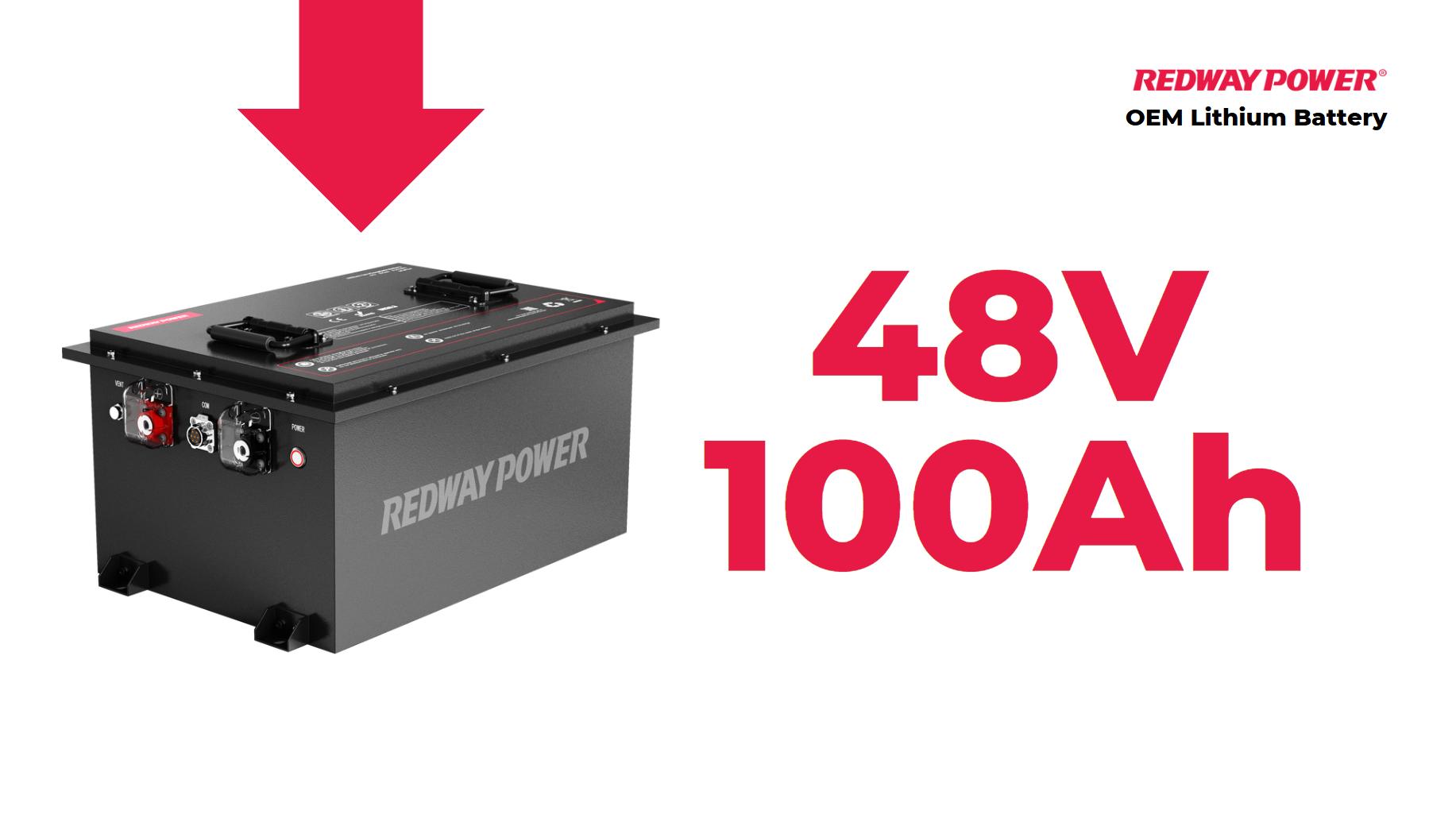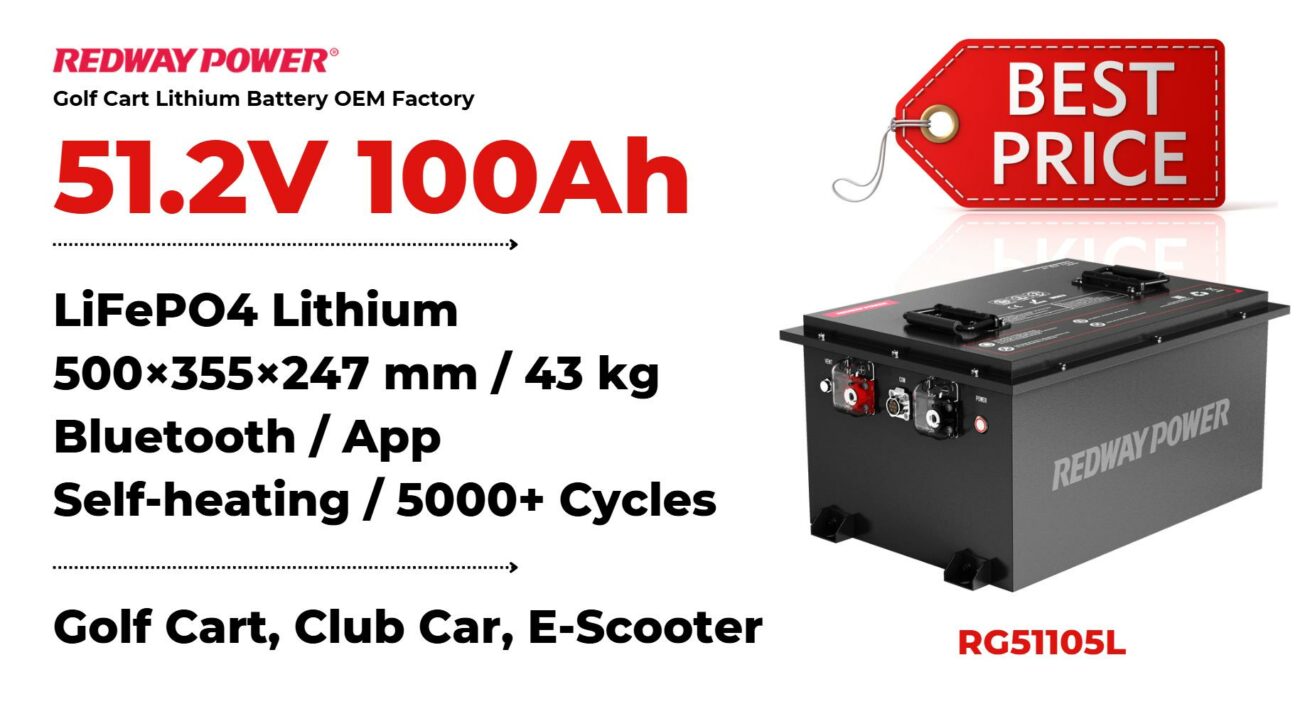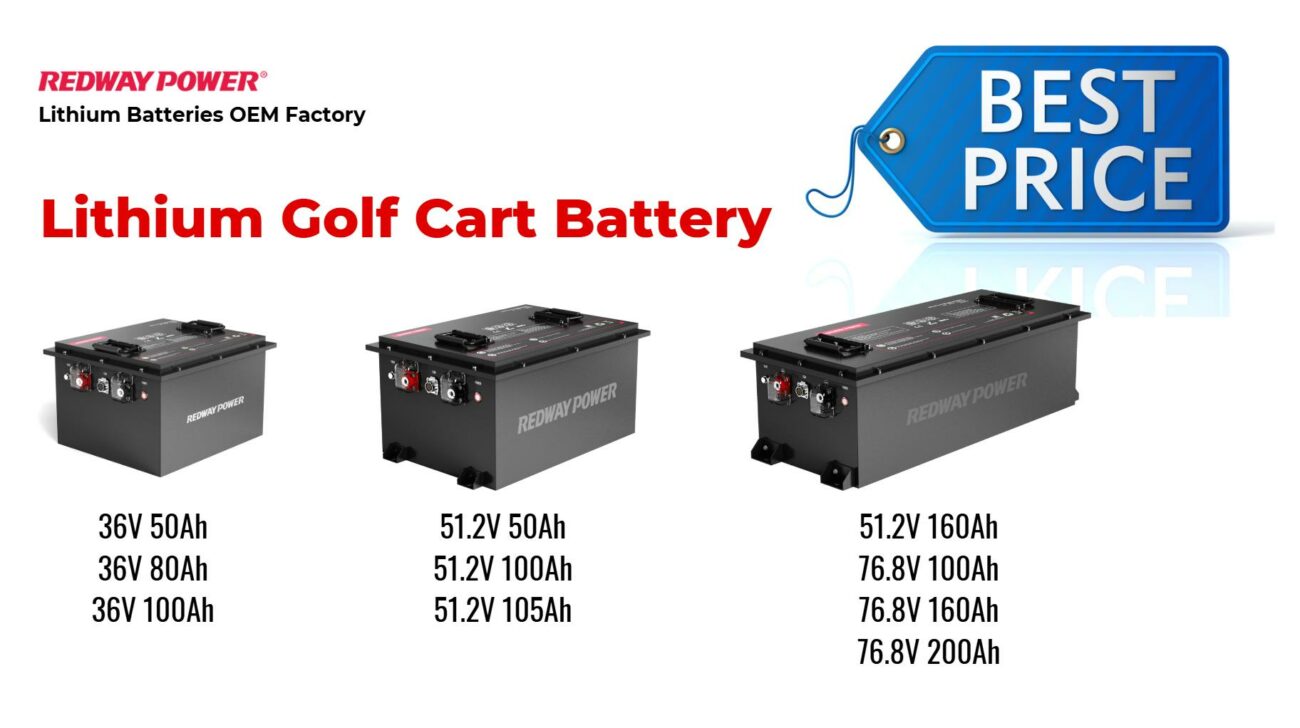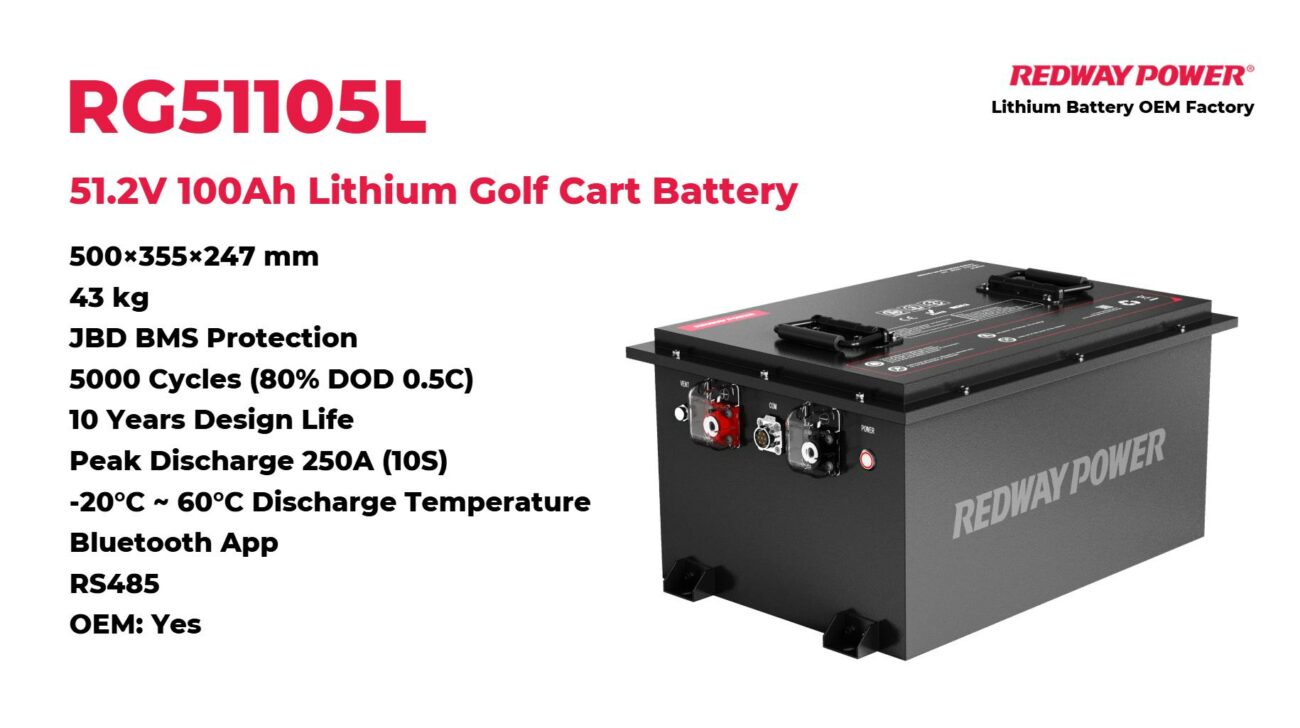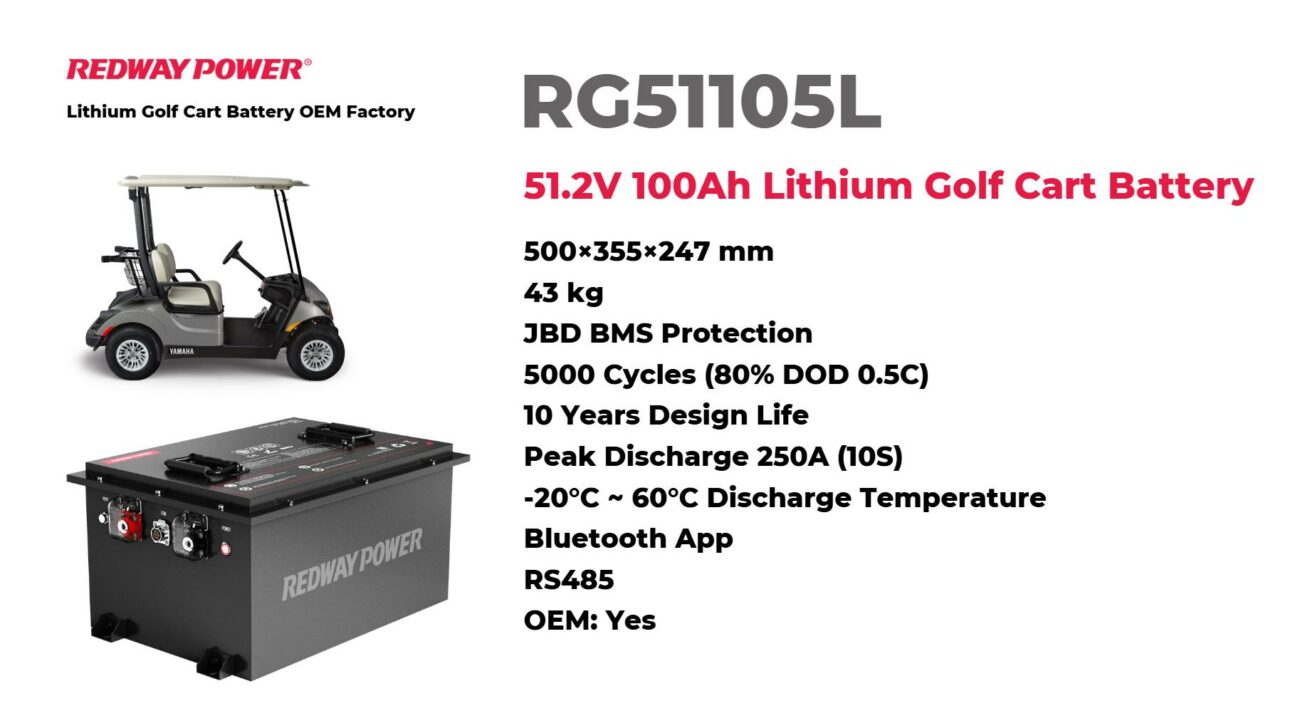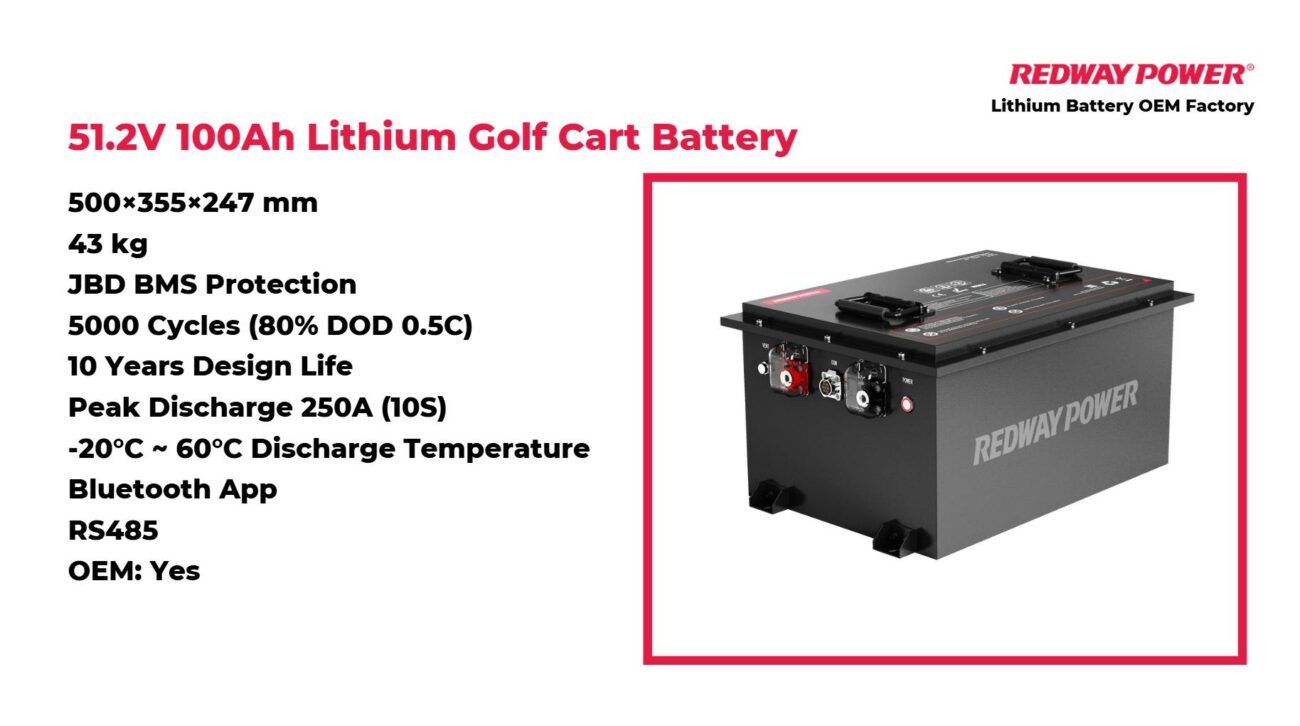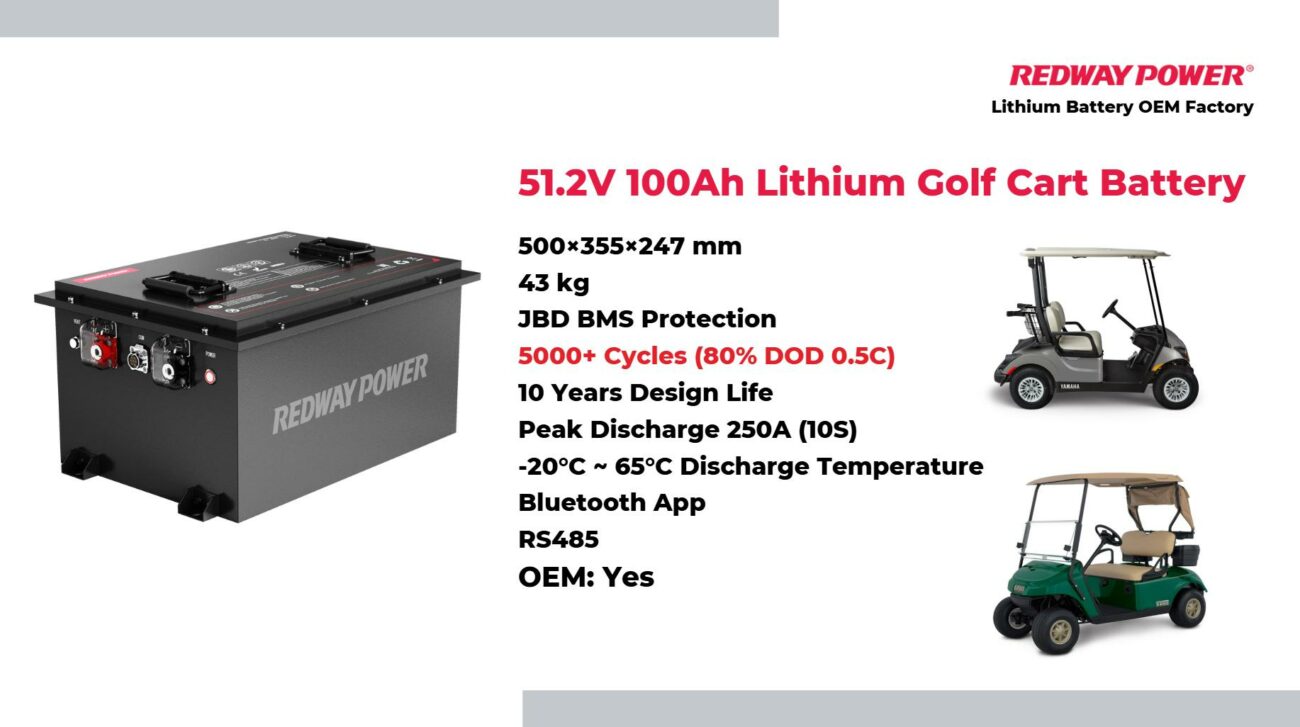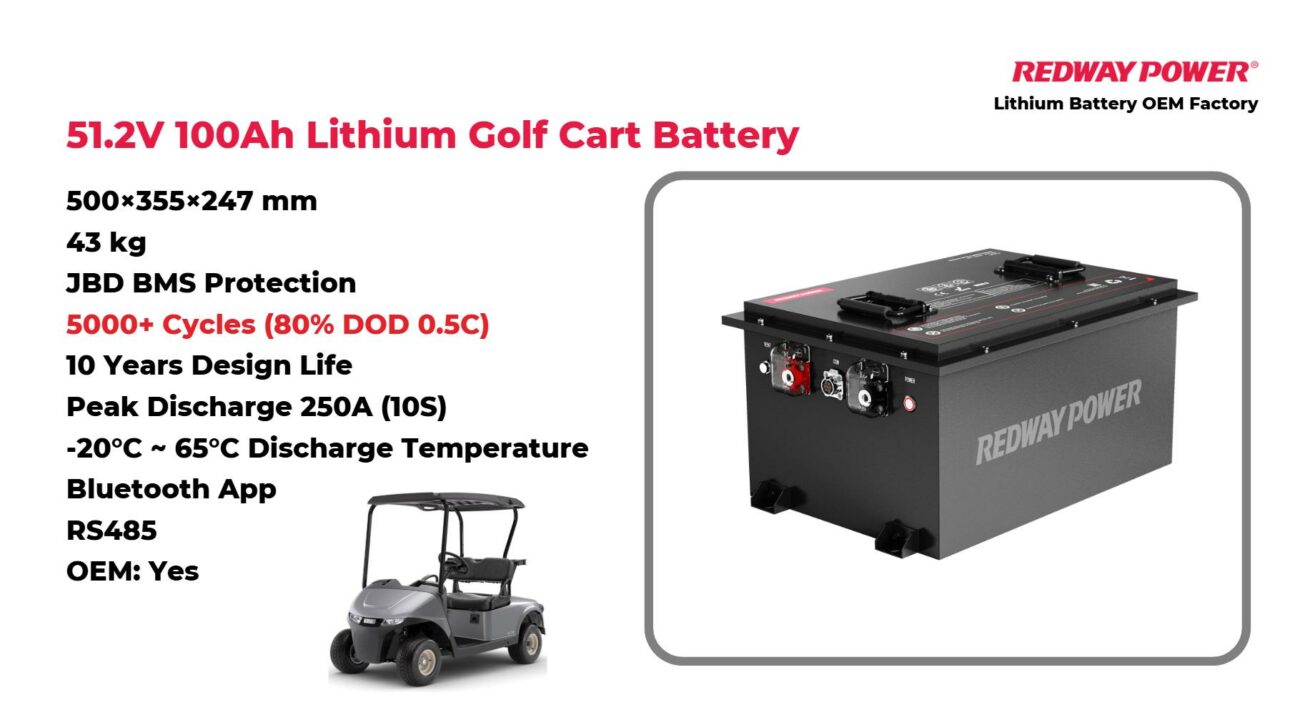To effectively charge a 48 volt battery, you typically need to use a charger that delivers between 10% and 20% of the battery’s amp-hour (Ah) capacity in amps. For example, if you have a 100Ah battery, you would require 10 to 20 amps for optimal charging.
What Is the Charging Current for a 48 Volt Battery?
The charging current required for a 48 volt battery depends on its capacity measured in amp-hours (Ah). Generally, it is recommended to charge at 10% to 20% of the total Ah rating. For instance, if your battery has a capacity of 200Ah, you should use a charger that provides between 20 and 40 amps.
Chart: Recommended Charging Current Based on Capacity
| Battery Capacity (Ah) | Recommended Charging Current (Amps) |
|---|
| 50 | 5 – 10 |
| 100 | 10 – 20 |
| 150 | 15 – 30 |
| 200 | 20 – 40 |
How Do You Calculate Charging Amps for a 48 Volt Battery?
To calculate how many amps you need when charging your 48 volt battery, use this formula:
Charging Amps=Battery Ah×Charging RateCharging Amps=Battery Ah×Charging Rate
The charging rate is typically between 0.1 and 0.2. For example, if you have a 100Ah battery, your calculation would be:
Charging Amps=100Ah×(0.1 to 0.2)=10 to 20 ampsCharging Amps=100Ah×(0.1 to 0.2)=10 to 20 amps
What Are the Recommended Charging Voltages for 48V Batteries?
For lead-acid batteries, the recommended charging voltage is 54.6V to 58.8V. For lithium-ion 48V batteries, the range is typically 54.6V to 58.4V. The exact voltage depends on battery chemistry and manufacturer specifications.
Charging voltages vary depending on the type of battery:
- For lead-acid batteries, recommended voltage ranges from 54.6V to 58.8V.
- For lithium-ion batteries, aim for around 54.4V to 54.6V.
Using the correct voltage ensures effective charging without damaging your battery.Chart: Recommended Charging Voltage by Battery Type
| Battery Type | Recommended Voltage (V) |
|---|
| Lead-Acid | 54.6 – 58.8 |
| Lithium-Ion | 54.4 – 54.6 |
How Long Does It Take to Charge a 48 Volt Battery?
Charging time depends on battery capacity and charger output. A 48V 100Ah battery with a 20A charger takes about 5 hours. Fast chargers can reduce this time, while trickle chargers may take longer.
Charging time varies based on charger output:
- A 25A charger will fully charge a 100Ah battery in approximately 4 hours.
- A more powerful 60A charger can do it in about 1 hour and 40 minutes.
Always consider your charger’s specifications when determining charging time.
What Types of Chargers Are Best for 48 Volt Batteries?
Smart chargers with multi-stage charging and automatic shutoff are best for 48V batteries. Lithium batteries require lithium-compatible chargers, while lead-acid batteries need chargers with bulk, absorption, and float stages.
When selecting chargers for your 48 volt battery, consider:
- Smart chargers that adjust current based on battery state.
- Chargers specifically designed for either lead-acid or lithium-ion batteries.
Using an appropriate charger enhances efficiency and prolongs battery life.
How Do Temperature Conditions Affect Charging Efficiency?
Cold temperatures slow down charging and reduce battery efficiency, while excessive heat can lead to overcharging and battery degradation. Using temperature-compensated chargers helps maintain optimal charging performance.
Temperature plays a crucial role in charging efficiency:
- Cold temperatures can slow down chemical reactions within batteries, leading to longer charging times.
- High temperatures may increase charging speed but can also risk overheating and damage.
Maintaining optimal temperature conditions during charging is essential.
What Maintenance Practices Should Be Followed for 48 Volt Batteries?
Regular maintenance includes checking voltage levels, cleaning terminals, ensuring proper water levels (for lead-acid batteries), and using the correct charger. Storing batteries in a cool, dry place also extends their lifespan.
To ensure longevity and performance:
- Regularly check connections and terminals.
- Monitor voltage levels during charging.
- Use maintenance modes available in smart chargers when applicable.
These practices help maintain optimal performance over time.
Expert Views
“Understanding how many amps are needed to charge your 48 volt battery is crucial not only for efficiency but also for extending its lifespan. Proper care ensures reliable performance across all applications.” — Expert from Redway Power
News
1. Introduction of High-Current DC Fast Chargers for 48V Batteries
In 2025, advancements in charging technology have led to the development of high-current DC fast chargers capable of delivering up to 30 amperes to 48V battery systems. These chargers significantly reduce charging times, making them ideal for applications requiring quick battery replenishment, such as electric vehicles and renewable energy storage systems.
2. Implementation of Adaptive Charging Protocols to Optimize Battery Health
New adaptive charging protocols introduced in 2025 dynamically adjust the charging current based on real-time battery conditions and temperature. This approach ensures that the charging process is both efficient and safe, enhancing the longevity of 48V batteries by preventing overcurrent situations that could lead to overheating or damage.
3. Standardization Efforts for Universal Charging Connectors in 48V Systems
The EnergyBus standard, updated in 2025, defines universal connectors and communication protocols for charging 48V batteries. This standardization simplifies the charging infrastructure, allowing users to employ a single charger across various devices and manufacturers, thereby reducing costs and improving user convenience.
Advancements in High-Speed Charging Technologies for 48V Batteries
In early 2025, researchers unveiled a new charging protocol that allows 48V lithium-ion batteries to be charged at rates up to 5C without significantly affecting their lifespan. This development could substantially reduce charging times for applications requiring rapid energy replenishment.
Enhanced Safety Protocols for 48V Battery Charging Systems
Mid-2025 saw the introduction of updated safety standards for charging systems used with 48V battery packs. These protocols include real-time monitoring of charging parameters and automatic adjustments to prevent overcurrent situations, addressing previous concerns about battery overheating and potential damage.
Integration of Artificial Intelligence in 48V Battery Management
By late 2025, manufacturers began incorporating artificial intelligence (AI) into the battery management systems (BMS) of 48V batteries. This AI-driven approach enables dynamic optimization of charging currents based on real-time data, enhancing both efficiency and the lifespan of the batteries.
Conclusion
In conclusion, knowing how many amps are necessary to charge a 48 volt battery effectively involves understanding both its capacity and appropriate charging practices. By following recommended guidelines regarding current and voltage, users can optimize their charging processes while ensuring their batteries remain in peak condition.
FAQ Section
- What happens if I use too high an amp charger?
Using too high an amp charger can damage your battery by causing overheating or reducing its lifespan. - Can I use any charger for my 48 volt battery?
No, always use chargers designed specifically for your battery type (lead-acid or lithium-ion) with appropriate voltage and current ratings. - How do I know when my battery is fully charged?
Most modern chargers have indicators or automatic shut-off features that signal when your battery has reached full charge.
Understanding Electricity: Volts, Amps, Watts, Fuse Sizing, Wire Gauge, AC/DC, Solar Power, and More!
What Happens If I Charge with Too Many Amps?
Charging a battery with too many amps can lead to overheating, reduced battery life, or even catastrophic failure. Excessive current can cause internal damage, swelling, or leakage, especially in lithium batteries. Always use a charger that matches the battery’s specifications to ensure safe and efficient charging.
Can I Use a Regular Charger for a 48-Volt Battery?
Using a regular charger for a 48-volt battery is not recommended unless it’s specifically designed for that voltage. Regular chargers may not provide the correct voltage or current, potentially damaging the battery. Always use a charger that matches the battery’s voltage and chemistry for optimal performance.
How Long Does It Take to Charge a 48-Volt Battery?
The charging time for a 48-volt battery depends on its capacity and the charger’s output. Typically, it takes between 4 to 12 hours to fully charge a 48-volt battery using an appropriate charger. Higher amperage chargers can reduce charging time but should be used cautiously to avoid overheating.
Is It Safe to Leave a Battery Charger on Overnight?
Leaving a battery charger on overnight can be safe if the charger has built-in safety features like overcharge protection. However, it’s best practice to monitor the charging process and avoid leaving it unattended for extended periods, especially with older chargers that may lack these protections.
What Is the Best Way to Maintain My 48-Volt Battery?
To maintain your 48-volt battery, regularly check the charge level, keep terminals clean, and store it in a cool, dry place. Avoid deep discharges and use a compatible charger to extend its lifespan. Periodic inspection for signs of wear or damage is also essential.
What Is the Importance of a 48V Battery Voltage Chart?
A 48V battery voltage chart is crucial for understanding the state of charge and health of the battery. It helps users determine when to recharge and ensures optimal performance. Following the voltage chart can prevent overcharging and improve overall battery longevity.
Should I Charge My Battery at 2 or 10 Amps?
Charging at 10 amps is generally faster but may generate more heat, while charging at 2 amps is slower and gentler on the battery. For optimal maintenance, follow manufacturer recommendations; if unsure, start with lower amperage to avoid potential damage.
Can a 12V Charger Charge a 48V Battery?
No, a 12V charger cannot effectively charge a 48V battery as it does not provide sufficient voltage. Attempting to use a lower voltage charger can lead to incomplete charging and potential damage. Always use a charger rated for the specific voltage of your battery.
How Do You Charge a 48-Volt Lithium-Ion Battery?
To charge a 48-volt lithium-ion battery, connect it to an appropriate lithium-compatible charger designed for that voltage. Ensure all connections are secure and monitor the charging process. Follow manufacturer guidelines regarding charging times and conditions for best results.
How Long Does It Take to Charge a 48V 100Ah Battery?
Charging a 48V 100Ah battery typically takes about 8 to 12 hours with an appropriate charger rated around 10 amps. The exact time can vary based on the charger’s output and the current state of the battery’s charge level.
How many volts should a fully charged 48V golf cart have?
A fully charged 48V golf cart should read between 50.9V and 51.5V. This indicates the battery pack is properly charged.
What voltage is a fully charged 48V battery?
A fully charged 48V battery typically reads between 50.9V and 51.5V. This voltage may vary slightly based on the battery chemistry and load conditions.
What should a fully charged golf cart battery read?
A fully charged golf cart battery should read around 12.7V per 12V battery or 6.4V per 6V battery. The total voltage of the full battery pack should match the rated system voltage.
Is 13.2 volts good for a battery?
Yes, 13.2 volts is a good reading for a fully charged 12V lead-acid battery at rest. It indicates the battery is in optimal condition for use.
How many amp hours are Costco golf cart batteries?
Costco golf cart batteries typically range from 150Ah to 220Ah, depending on the specific battery model. The capacity varies based on the brand and type of battery (e.g., lead-acid or lithium).
Who makes Costco golf cart batteries?
Costco’s golf cart batteries are typically manufactured by reputable brands like Interstate and Trojan. These brands are known for their high-quality, durable deep-cycle batteries.
Is a higher Ah battery better in a golf cart?
Yes, a higher Ah (amp-hour) rating indicates more capacity, meaning the battery can provide power for a longer period. However, it’s important to match the battery’s capacity with your golf cart’s needs and charging system for optimal performance.
Can I put 4 12-volt batteries in my 48-volt golf cart?
No, a 48-volt golf cart requires 6 batteries in series to reach the appropriate voltage. You can use 4 12-volt batteries, but they would need to be arranged in a series-parallel configuration, which is not common and could affect performance.



